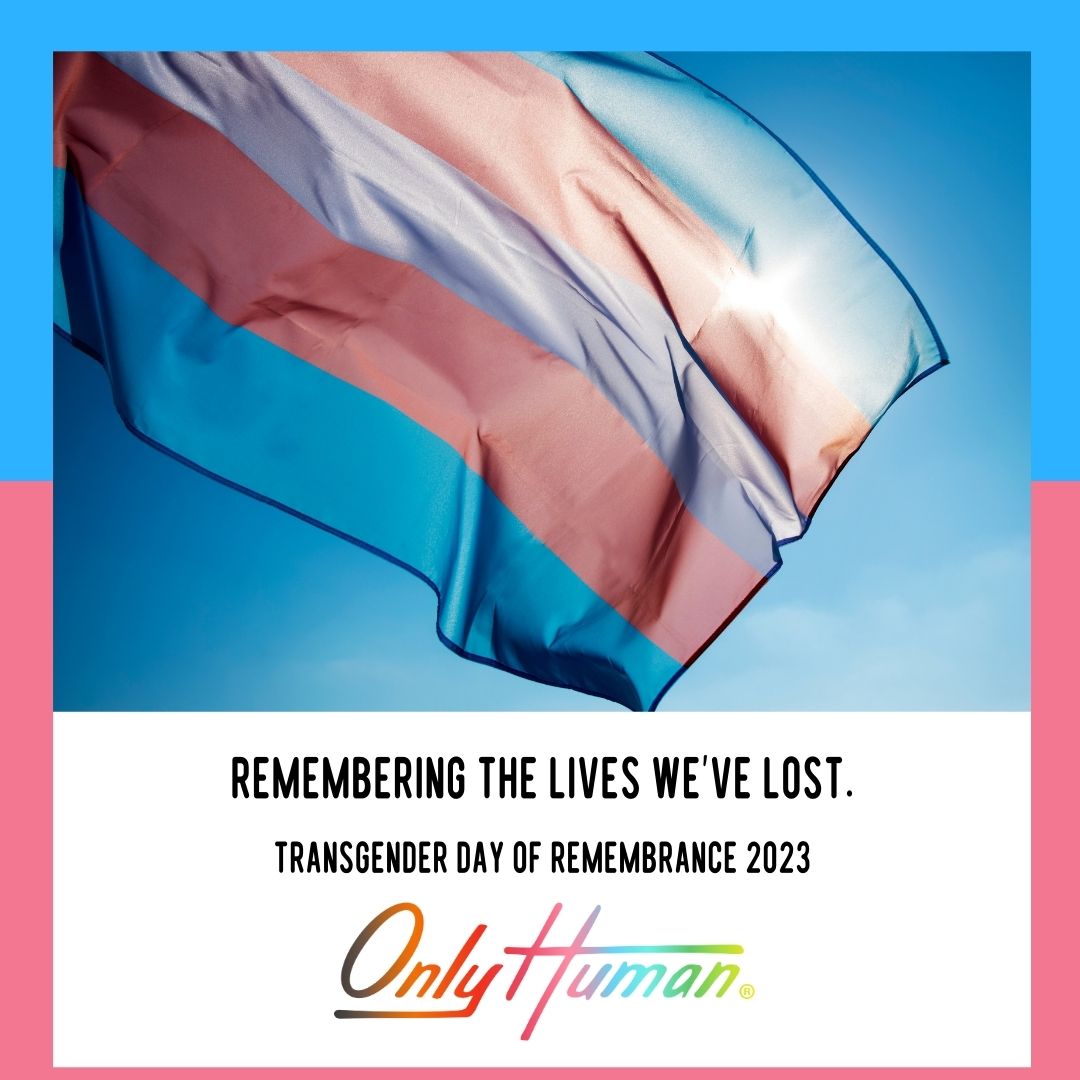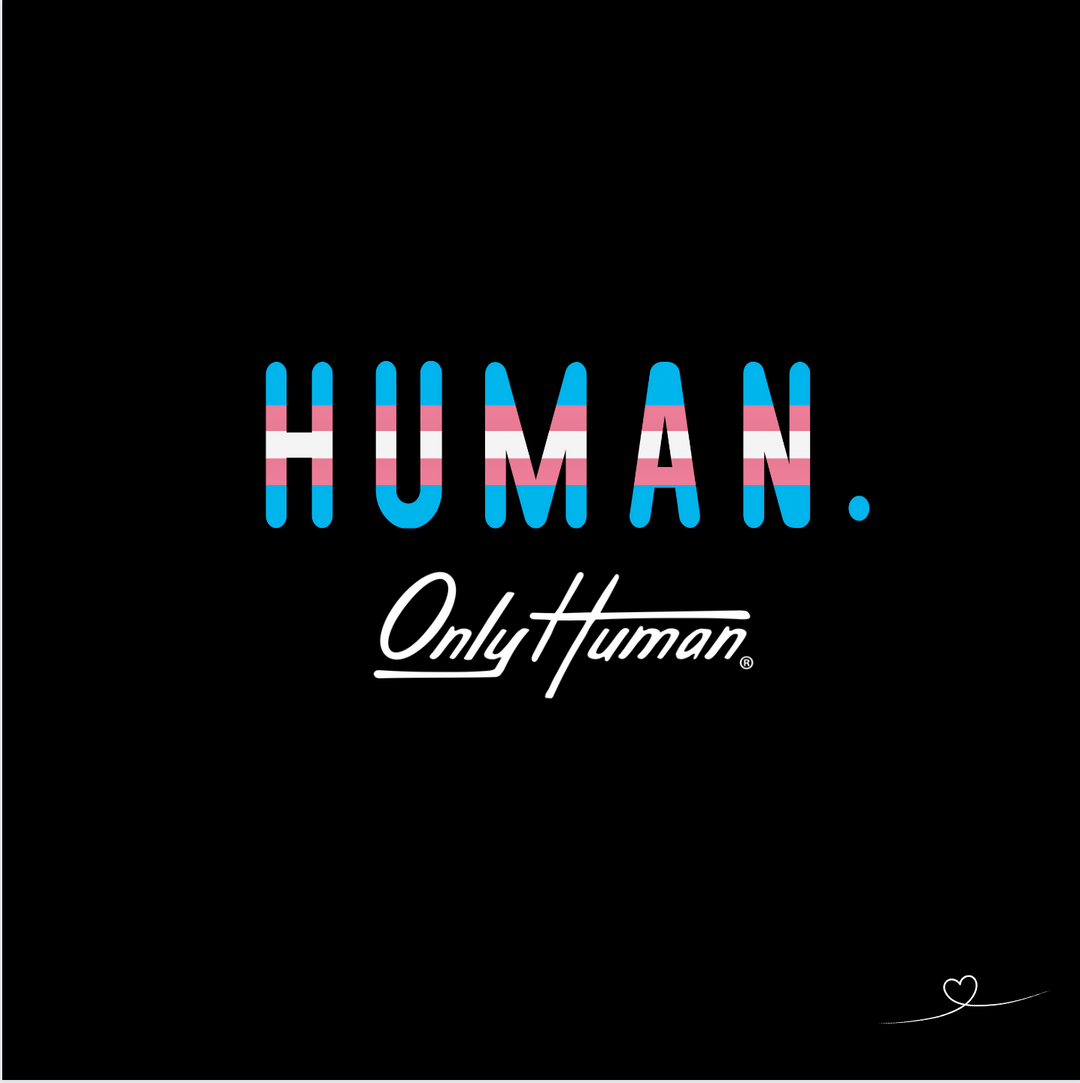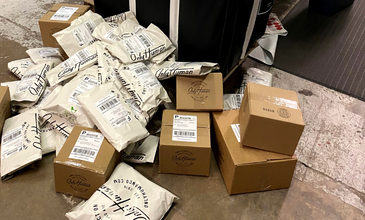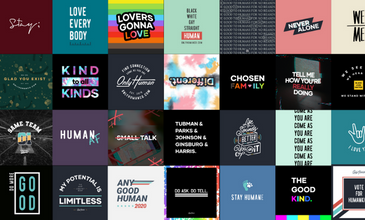Alicia’s Story

Meet Alicia: Mentor, Military Member and LGBTQ+ Advocate
Submitted as part of our Do Ask. Do Tell. Cause Campaign. Read More →
Q: Can you let us know a bit about you? How long have you served? What called you to join? What is your current rank, role, etc?
A: I joined the Army at 18 while in college nine months prior to 9/11 under the “Don’t Ask, Don’t Tell” policy. Although patriotic, my main reason for joining was to be a part of something greater than myself. I felt conflicted joining an institution that prohibited me from being myself and I discussed at length what it meant to serve as a gay woman under the DADT policy with my Undergraduate Honors Thesis Advisor. I considered the risk and came to the conclusion that I could do more good by serving and trying to initiate change from within the system. I did not officially come out to my parents and family until after the policy was repealed for fear that they would ever be put in a position where they would have to lie to protect my career. I did not fully understand the personal and emotional consequences of doing so until years later. I became very good at compartmentalization and separating my personal and professional life. I presented the larger world a curated version of myself. One of the defining moments of my life is the repeal of the “Don’t Ask, Don’t Tell” policy and the Defense of Marriage Act. I am the grateful recipient of rights and privileges because of the efforts of those who worked tirelessly to repeal these prejudiced and detrimental policies. I am able to live authentically and without fear. I married the love of my life, Allie, in 2017 and we welcomed our daughter in July this year. If not for the repeal of the DADT policy, I would not have stayed in the Army. I have served on active duty for 16 years and was selected for early promotion to Lieutenant Colonel and battalion-level command last year. I am in the Army Acquisition Corps and we will be moving to Germany this spring where I will take command of a contracting unit.
Q: What is the most rewarding and challenging part of being a LGBTQ+ military family?
A: I find it extremely rewarding to serve as a mentor to younger LGBTQ+ service members. Visibility is so important and I try to be the role model I didn’t have. The most significant challenges my wife and I have faced relate to expanding our family. Tricare does not cover IVF and we found limited resources for LGBTQ+ families like us. We also had to do a fair amount of research on our own to understand the necessity and process for second parent adoption for me (my wife is the gestational mother). I would like to assist in making that path to parenthood easier for other LGTBQ+ military families.
Q: What is it like being part of both the LGBTQ+ community and military community?
A: Sometimes it feels like I bounce back and forth between two very different worlds. Because both the LGBTQ+ and military communities are small and can be insulated, I try to bring both worlds together as much as I can. I have friends in the LGBTQ+ community who don’t know anything about the military and vice versa. I find it fulfilling to be a conduit between both communities and disprove common misconceptions and stereotypes.
Q: How did you feel and what did it mean to you when transgender military personnel, members of both the LGBTQ+ community and military family, were being dismissed after the transgender military ban?
A: I was mentoring a transgender high school senior who was interested in pursuing a Navy ROTC scholarship at the time the ban was announced. I had linked the student up with a well-regarded and successful transgender Naval Officer to discuss career options and their experience in the military. I was devastated that an opportunity to give back and serve our military was taken away from such an intelligent, driven, and promising individual. I am still angry and I hope the new administration reverses this harmful, unnecessary, and discriminatory ban.
Q: How did military personnel react to the ban?
A: I cannot speak for the military as a whole, but in conversations with my colleagues there was agreement that if service members can meet standards and perform well in their assigned duties, they should be allowed to serve.
Q: What will it mean to you when the transgender military ban is reversed?
A: Relief, it’s long overdue.
Q: What will the reversal of the transgender military ban mean for our country?
A: Reversing the ban will allow otherwise fully qualified Americans to serve our country and will strengthen our military.
Q: How can the community support LGBTQ+ individuals that are currently service members in our armed forces or veterans?
A: Continue to be vocal and advocate for the ban to be reversed.
Q: What does the phrase "Only Human" mean to you?
A: If you break down all the parts and pieces of our identities, at our core we all want fulfilling relationships and love. Remembering this common desire for connection allows us to give each other grace for being only human.
Q: What encouraging words would you give to someone who wants to serve, but is afraid to or unable to?
A: Serving in the military is a journey, not a job, and although at times difficult it is the most fulfilling adventure you can imagine.










Leave a comment